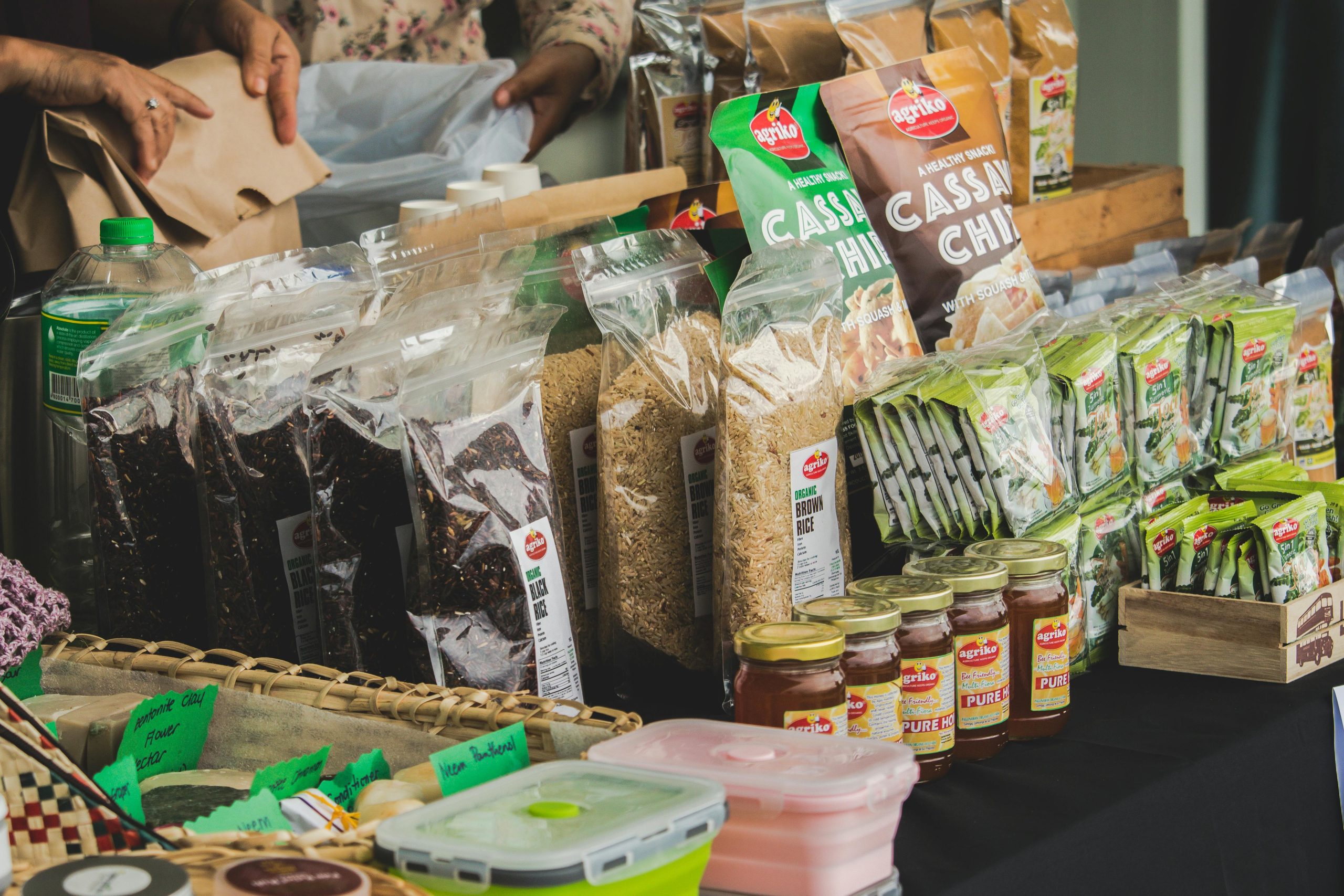Starting a Homemade Snacks Business: A Step-by-Step Guide for Aspiring Entrepreneurs
Are you passionate about traditional homemade snacks and considering turning that passion into a sustainable business? Many aspiring entrepreneurs face the same questions: where to start, how to scale, and what legal and logistical considerations to keep in mind. Inspired by a recent story of someone who wishes to empower their family member through a snack-making venture, this guide provides a comprehensive overview of how to embark on a homemade snacks business with minimal upfront investment and strategic planning.
Inspiration and Motivation
Traditional homemade snacks like chakli, chiwda, laddus, and sev are cherished favorites in many households and communities. If you have family members skilled in these recipes or are keen to preserve and share culinary traditions, turning this talent into a business can be both fulfilling and financially rewarding. Building such a venture can also provide independence for family members and foster community connections.
Personal Background and Starting Point
- Age: 23 years old
- Employment: Currently working at an MNC
- Availability: Recently joined a new role, with some free time during weekdays
- Investment: Willing to invest a small amount initially
Initial Business Plan
- Home-Based Start: Begin by serving a small customer base comprised of neighbors and local acquaintances.
- Word-of-Mouth Growth: Rely on positive referrals to expand your customer reach organically.
- Online Expansion: Gradually establish an online presence through platforms like Amazon, Swiggy, or Blinkit to reach wider markets.
Key Considerations and Expert Advice
Launching a homemade snacks business involves several legal, branding, and operational considerations. Here’s what to keep in mind:
Legal and Regulatory Requirements
- Food Safety and Licensing: Obtain necessary certifications like FSSAI registration to ensure compliance with food safety standards. This process is straightforward and essential for legal sales.
- Taxation: Register for Goods and Services Tax (GST) if your turnover exceeds the threshold limit. This will enable you to invoice clients and claim input tax credits.
Branding Strategy
- To Brand Now or Later? It’s advisable to start developing your branding early, including creating a memorable logo, packaging, and brand story. Strong branding builds customer loyalty and differentiates your products.
- Branding Elements: Focus on quality labels, attractive packaging, and consistent messaging to resonate with your target audience.
Market Entry Approach
- Local vs. Online First: Starting with










One Comment
This is a fantastic and comprehensive guide for aspiring homemade snack entrepreneurs! I appreciate how it emphasizes starting small with a home-based approach and leveraging local networks before scaling online — a smart strategy to build a loyal customer base and gauge demand. Additionally, highlighting the importance of legal compliance, such as FSSAI registration and GST, ensures that new business owners lay a solid foundation from the outset.
One point to consider for future growth is investing in quality control and consistent packaging as your brand develops. Creating a unique packaging style and story can significantly differentiate your products in a competitive market. Also, engaging with feedback from early customers can help refine flavors and presentation, fostering loyalty.
Lastly, since the individual is balancing a full-time job, establishing clear time management strategies and possibly automating certain processes—like online orders and inventory tracking—can help sustain growth without burnout. Wishing you great success in turning your passion into a thriving venture!